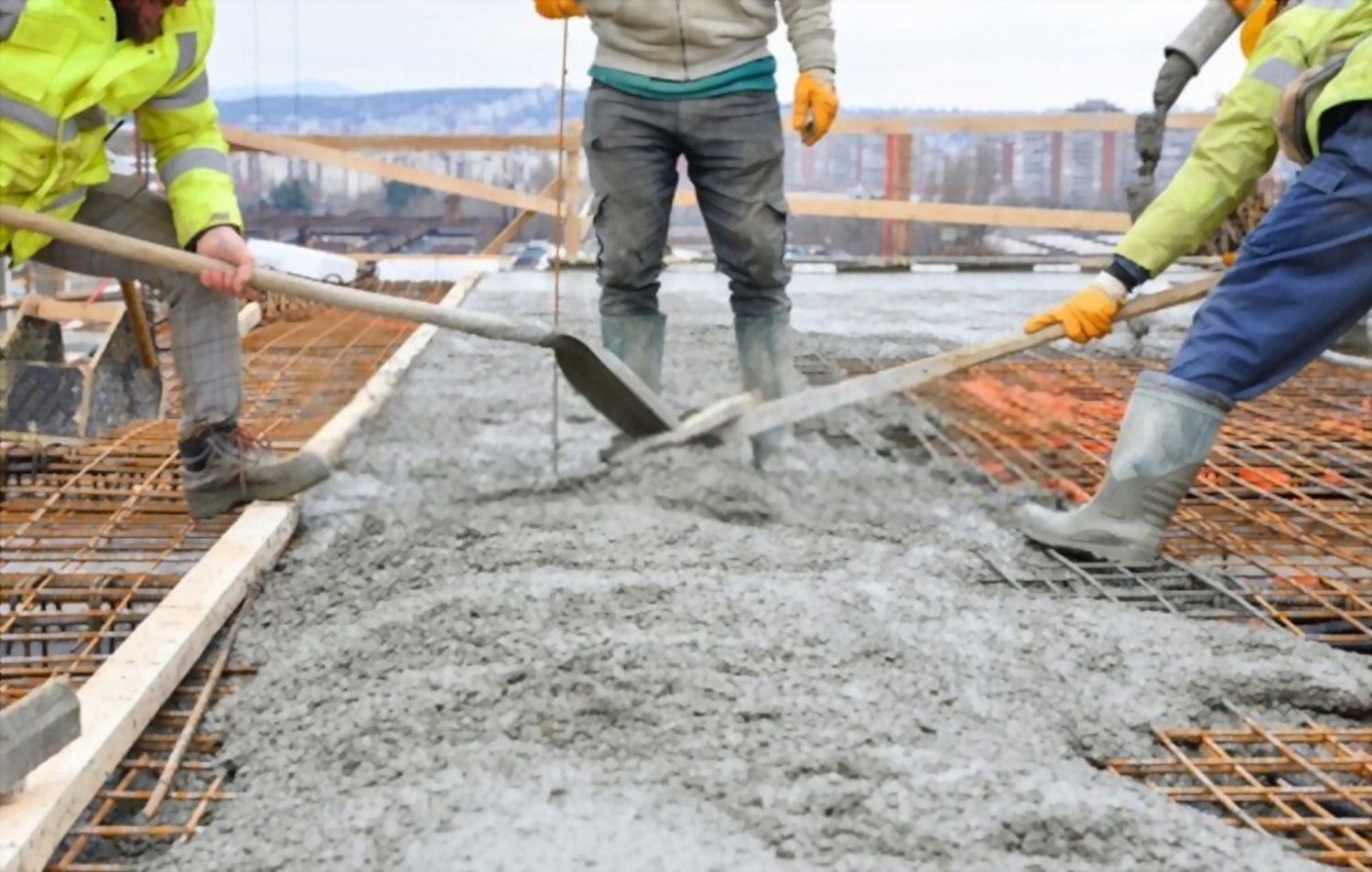Residential Concreting: A Comprehensive Guide for Homeowners
April 26, 2023Are you planning to build a new home or renovate your existing one? If so, you might be considering various materials and finishes for your construction project. One of the most popular and versatile materials used in residential construction is concrete. Residential concreting is an essential aspect of home building, as it provides the foundation for a strong and durable structure. In this comprehensive guide, we will discuss the different types of residential concreting services, the benefits of using concrete in your home, and tips for hiring a professional concrete contractor. Let's dive in!
Types of Residential Concreting Services
Residential concreting services encompass a wide range of projects that involve the use of concrete in and around your home. Here are some of the most common types of residential concreting services:
a. Concrete Driveway
A concrete driveway is a popular choice for homeowners due to its durability, low maintenance, and aesthetic appeal. A well-constructed concrete driveway can last for decades with minimal upkeep. Additionally, concrete driveways can be customized with various finishes, colors, and textures, allowing you to create a unique and attractive entrance to your home.
b. Concrete Patios
Concrete patios are an excellent addition to any backyard, providing a durable and low-maintenance outdoor living space. With a variety of finishes, colors, and textures available, you can create a custom concrete patio that complements your home's exterior design and landscaping. Additionally, concrete patios can be designed to accommodate various features such as outdoor kitchens, fire pits, and seating areas.
c. Concrete Flooring
Concrete flooring is a versatile and cost-effective option for both indoor and outdoor living spaces. Polished concrete floors are a popular choice for modern homes, as they provide a sleek and contemporary look while being incredibly durable and easy to maintain. Concrete floors can also be stained or stamped to mimic the appearance of more expensive materials such as hardwood, tile, or natural stone.
d. Concrete Repair and Maintenance
Over time, concrete surfaces can develop cracks, chips, and other forms of damage due to weather exposure, heavy use, and natural wear and tear. Residential concrete repair services can address these issues, restoring the appearance and structural integrity of your concrete surfaces. Regular maintenance, such as sealing and cleaning, can also help to prolong the lifespan of your concrete and prevent future damage.
Benefits of Using Concrete in Your Home
There are several benefits to using concrete in your residential construction projects, including:
- Durability: Concrete is an incredibly strong and durable material that can withstand heavy loads, harsh weather conditions, and daily wear and tear.
- Low Maintenance: Concrete surfaces require minimal upkeep, making them an ideal choice for busy homeowners.
- Versatility: Concrete can be used in a variety of applications, from driveways and patios to flooring and countertops, and can be customized with various finishes, colors, and textures.
- Cost-Effectiveness: Concrete is often more affordable than other materials, such as natural stone or hardwood, and can provide a similar aesthetic at a fraction of the cost.
- Energy Efficiency: Concrete's thermal mass properties can help to regulate indoor temperatures, reducing energy consumption and lowering utility bills.
Tips for Hiring a Professional Concrete Contractor
When it comes to residential concreting, it's essential to work with a skilled and experienced concrete contractor to ensure a successful project. Here are some tips for hiring the right professional for your concrete needs:
- Research: Begin by conducting online research to find reputable concrete contractors in your area. Read reviews and testimonials from previous clients to gauge the quality of their work.
- Request Quotes: Contact several contractors to request quotes for your project. Be sure to provide detailed information about your needs and expectations to receive accurate estimates.
- Verify Credentials: Ensure that the contractor you choose is licensed, insured, and has a proven track record of successful residential concreting projects.
- Ask for References: Request references from previous clients to learn more about the contractor's workmanship, professionalism, and customer service.
- Review Contracts: Before signing a contract, carefully review the terms and conditions, including project timelines, payment schedules, and warranties.
Conclusion
Residential concreting is an essential aspect of home construction and renovation projects, providing a strong and durable foundation for your living spaces. By understanding the different types of residential concreting services, the benefits of using concrete in your home, and tips for hiring a professional concrete contractor, you can ensure a successful and long-lasting concrete project. With proper planning and execution, your concrete surfaces will not only enhance the aesthetic appeal of your home but also provide a low-maintenance and cost-effective solution for years to come.





0 comments